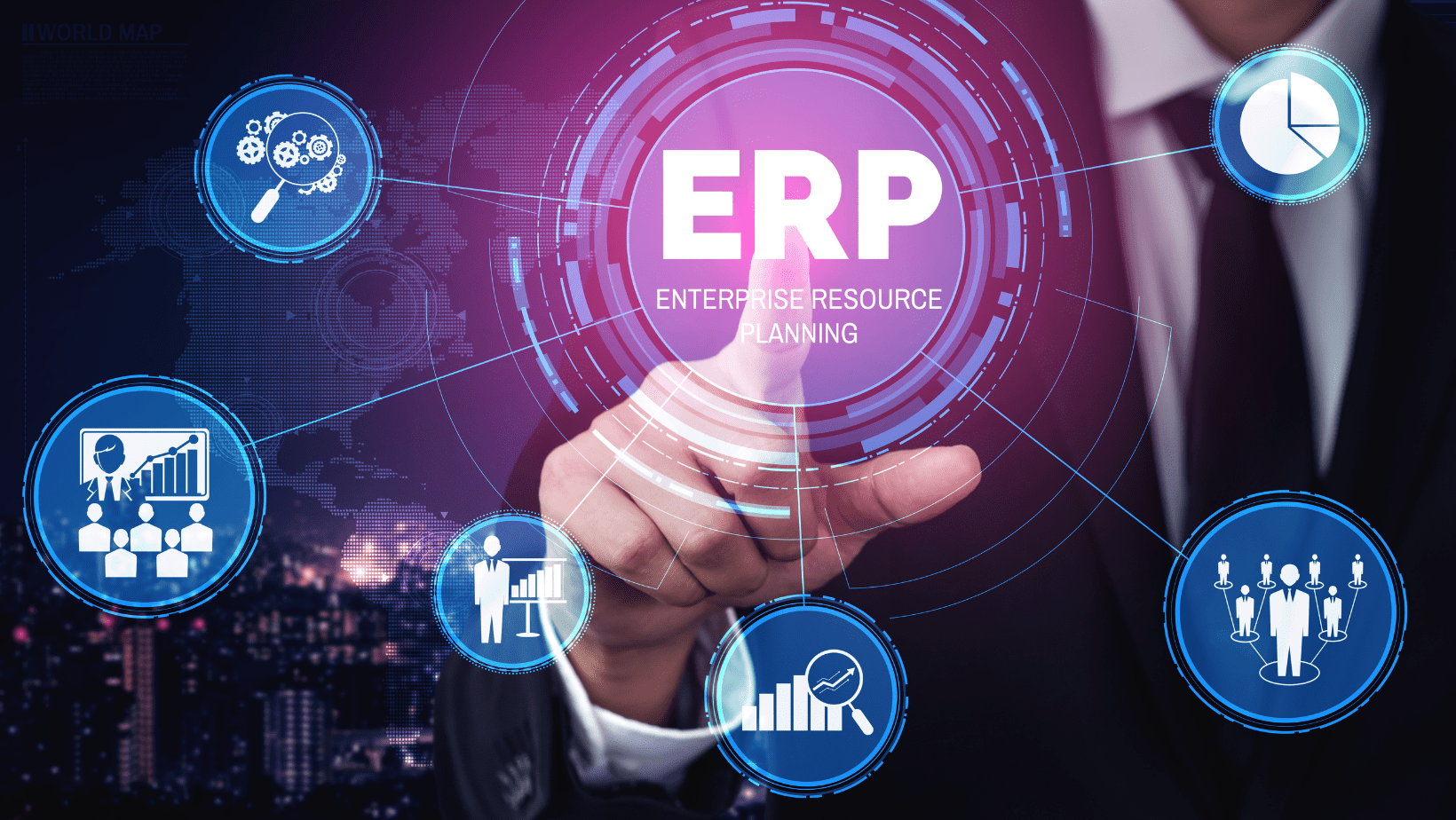06.21.22
 How to Compare ERP Costs - Apples to Apples">
How to Compare ERP Costs - Apples to Apples">
Project management, inventory management, and finance are a few tasks good enterprise resource planning (ERP) software can do for a business. When a company has outgrown its current solutions, and these activities have become unwieldy, it's time to start identifying an ERP software package.
As businesses engage in ERP cost comparisons, many make the mistake of comparing apples to oranges and risk the wrong decision. Explore some of the following guidelines to ensure the ERP systems in the running are on the same playing field.
According to Investopedia, companies use ERP to integrate and organize various areas of their businesses, such as budgeting, inventory purchasing, marketing and sales, accounting, human resources, and more. By incorporating these processes into one system, organizations can better implement resource planning using their time and resources more efficiently.
The disparities in ERP costs for cloud-based ERP solutions versus on-site ERP can be massive due to their vastly different structures. Mostly, this disparity is in the substantial investment required upfront for on-site ERP. An on-site ERP requires a business to build, store, and maintain the requisite physical IT infrastructure, including servers, data centers, and other hardware.
An on-premise ERP also needs IT personnel to manage that software and support and oversee physical servers. These costs, especially at first, can be prohibitive.
Cloud-based ERP, on the other hand, involves little to no startup cost. A company typically pays a recurring subscription fee encompassing routine maintenance, periodic upgrades, and customer support. These significant differences from an on-site ERP mean a company can't make valid ERP cost comparisons between cloud and on-premise ERP software. A business must first decide what solution best suits its needs and compare prices between cloud-only or on-premise-only options.
If a business needs custom ERP software, it can be a substantial effort, and that customization comes at a price. At the other end of the spectrum is a generic ERP platform that offers a one-size-fits-all approach. While generic ERP solutions are not suitable for everyone, some can be flexible enough to allow users to customize their implementation in a business setting. The advantage is lower costs. The disadvantage is the additional work for those using the software.
ERP cost comparisons between enterprise and small business ERP offerings will vary widely. A small business doesn't have the same enterprise management needs as a billion-dollar corporation. For example, enterprise ERP might span multiple industries and address scalability concerns. Small business ERP is much less complex, and thus offers far lower ERP costs.
Not all the factors a company should consider in choosing an ERP are as transparent as those above. ERP cost comparisons are not as easy as making a spreadsheet that lists prices and selecting the lowest one. Hidden fees can conceal actual ERP costs, as can unfavorable contract and renewal terms. Be sure to compare apples to apples by reading the fine print of the vendor contract, including fee structures, renewal information, and other contract details.
Having the basics of what makes specific ERP solutions stand out gives any business a significant advantage. The next step is finding solutions with a common denominator in order to start the comparison process.
Our team brings unmatched efficiency and value for a smooth implementation and beyond. Find out how we can help your business gain a competitive advantage in the marketplace.
Free Consultation